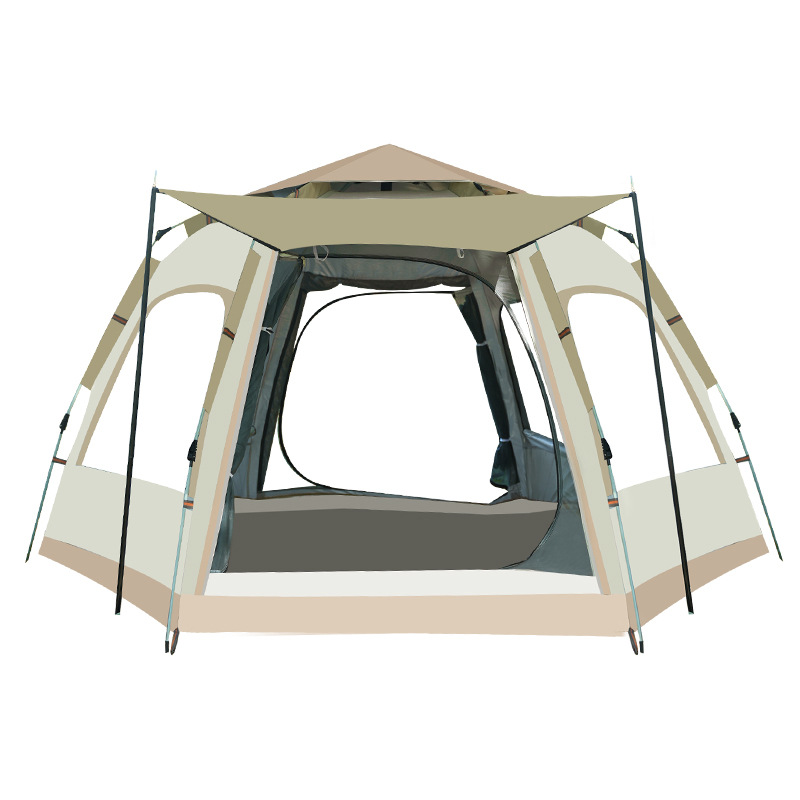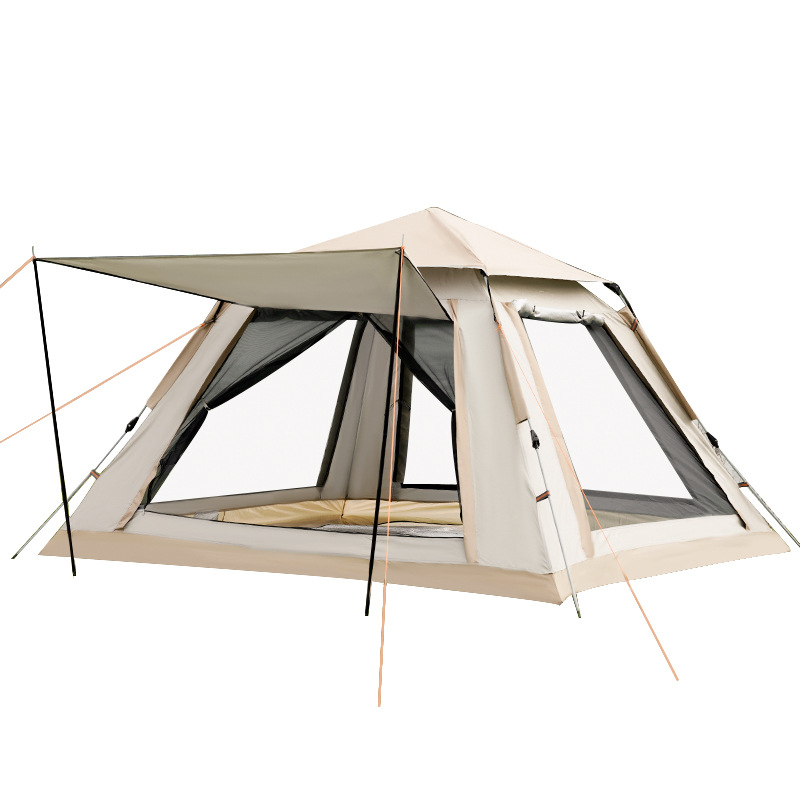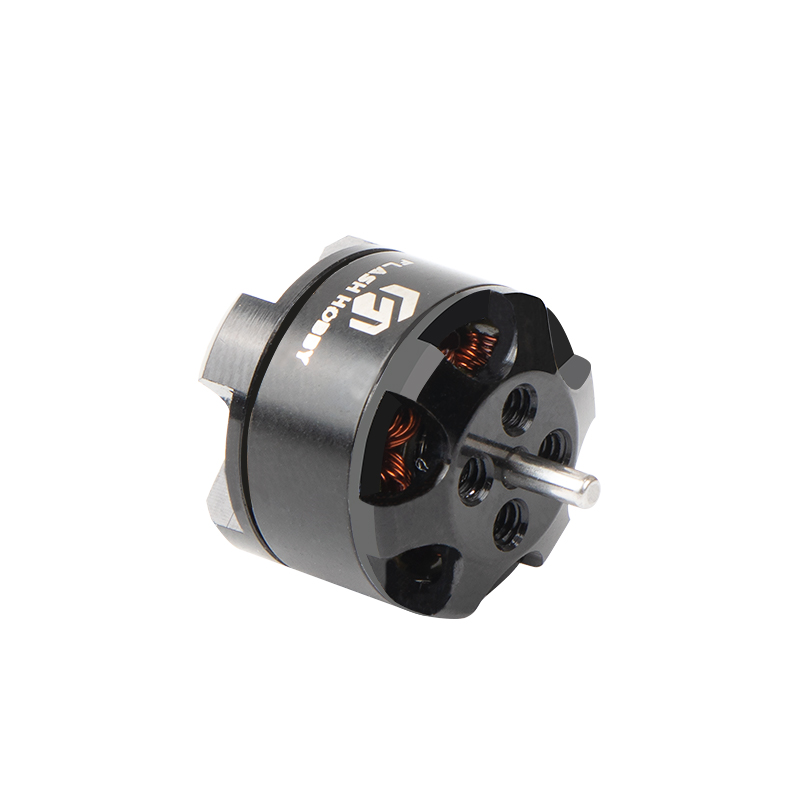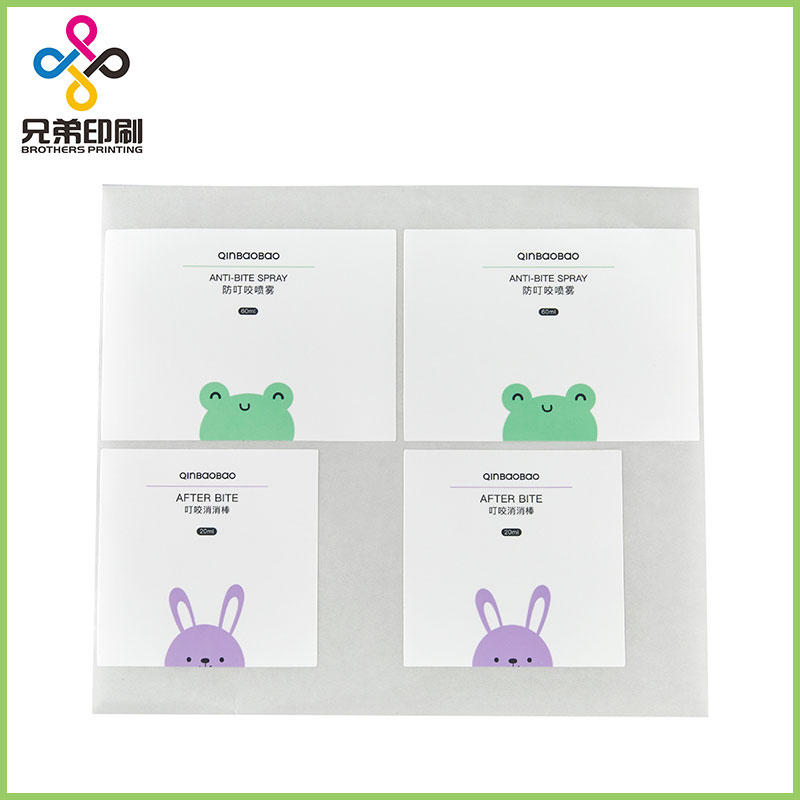Park Tent
A park tent typically refers to a temporary shelter or structure that is set up in a park or outdoor area for various purposes. Park tents can serve as a shade, shelter, or gathering space for park visitors, event attendees, and other outdoor enthusiasts. They come in various sizes, designs, and mat......
Send Inquiry
Product Description
A park tent typically refers to a temporary shelter or structure that is set up in a park or outdoor area for various purposes. Park tents can serve as a shade, shelter, or gathering space for park visitors, event attendees, and other outdoor enthusiasts. They come in various sizes, designs, and materials to suit different needs and occasions. Here are some common types of park tents:
1. Picnic Tents: Picnic tents are often smaller in size and are designed to provide shade and shelter for picnics and outdoor gatherings. They usually have open sides and are supported by poles or frames.
2. Event Tents: Larger event tents can be set up for community events, outdoor performances, fairs, festivals, and other gatherings. These tents can be used for stage setups, seating areas, food stalls, and more.
3. Information Tents: Some parks set up information tents where park staff can provide visitors with maps, brochures, and information about the park's facilities, activities, and rules.
4. Vendor Tents: During special events or festivals, vendors might set up tents to sell food, crafts, and other goods to attendees.
5. Shade Tents: These tents are often used to provide shade and relief from the sun's rays, allowing park visitors to relax and enjoy the outdoors while staying protected from the sun.
6. Rest Area Tents: In larger parks or hiking areas, tents might be set up as rest areas along trails or paths, providing a place for hikers to take a break.
7. First Aid Tents: During events or busy days, parks might set up first aid tents to provide medical assistance to visitors in case of injuries or emergencies.
8. Temporary Shelters: Park tents can also be used as temporary shelters during unexpected weather conditions like rain or sudden temperature drops.
When choosing a park tent, considerations might include:
- Size: Determine how many people the tent needs to accommodate and what activities will take place under it.
- Design and Style: Choose a design that complements the park's aesthetics and the purpose of the tent.
- Durability: Select a tent made from durable materials that can withstand outdoor elements.
- Ease of Setup: Consider the ease of setting up and taking down the tent, especially if it will be used for temporary events.
- Weather Resistance: Depending on the location and intended use, you might need a tent that can withstand wind, rain, and other weather conditions.
- Accessories: Some tents come with optional accessories like sidewalls, flooring, and lighting that can enhance the functionality and comfort.
- Regulations: Check with the park authorities for any regulations or permits required for setting up tents in the park.
Park tents provide valuable spaces for relaxation, entertainment, and community engagement within outdoor settings. They enhance the park experience by offering shade, shelter, and gathering points for people enjoying the natural environment.










